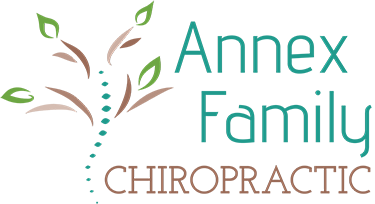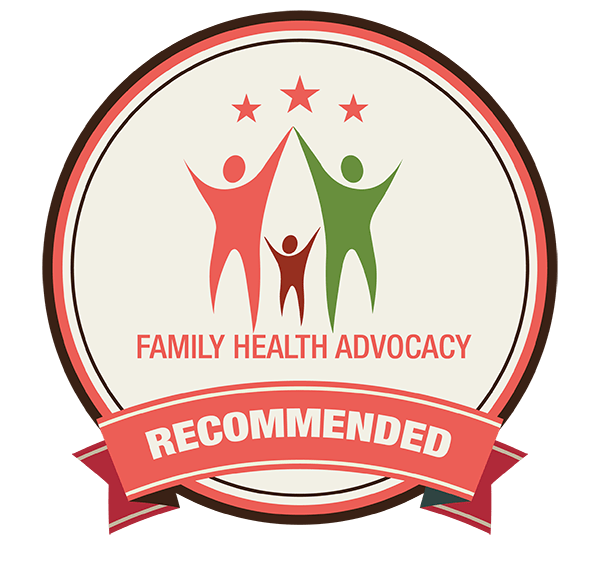Irritable. Bowel. Syndrome.
It’s a straight forward diagnostic name for a not-so-straightforward condition. A publication from the Canadian Digestive Health Foundation describes it beautifully, as a “disorder affecting the intestine. IBS involves problems with motility (movement of digested food through the intestines) and sensitivity (how the brain interprets signals from the intestinal nerves), leading to abdominal pain, changes in bowel patterns and other symptoms. Although often disruptive, debilitating and embarrassing, it may be some comfort to know that IBS is not life-threatening, nor does it lead to cancer or other more serious illnesses.”
Why so many affected? What are the causes?
- Prior infection/event disrupting the normal function of the intestines
- A Gastrointestinal infection/food poisoning/traveller’s diarrhea
- Surgery
- Change in diet
- Use of antibiotics/medications
- Intestinal bacteria imbalance
- Hormone imbalance
Triggers:
- certain foods
- medications
- emotional stress
- hormone fluctuations
Then there’s the neurological factor – the same Canadian paper makes reference to brain/gut communication, as does the Mayo Clinic on this page; however in my professional opinion, they’re omitting a crucial link and connection; understanding that the nervous system (brain, spinal cord, spinal nerves) control all organ, muscle and tissue function, disruptions to the messaging from your brain to your gut (digestive system) at the spine junction is an often missed element in publications and conversations. When a spinal subluxation is present, the natural and innate ability of the brain to direct the functions of the gastrointestinal system is hindered, as it would be for other systems and specific organs if the subluxations are present in other spinal regions.
Brain-Gut connection explained

Thoracic spine side view
With respect to digestion, we look at the Thoracic Spine most often, seen in these images, and neurologically, you can see the gut connection is largest and most dominant in this spinal region. Ask yourself this – have you ever felt some tightness, tension or stiffness in your mid-back? Most people have at some point in their life, and this is merely another symptom of subluxation and nerve irritation in the same area. Back pain and stiffness will certainly come and go, but if there are alignment and nerve conduction issues, other symptoms and conditions like IBS may be here to stay until the real underlying cause is addressed.
Nothing seems to work for my Irritable Bowels…

Starting somewhere with your IBS symptoms
With that being said, until a neurological cause is confirmed, there are plenty of self-care options to ensure you’re doing your best to minimize any triggering. Here’s just a few:
- At the very least – increase exercise levels – whether light weight lifting/resistance training or cardio activity (running or walking), as this helps stimulate gut motility.
- Watch your diet – specifically hydration: caffeine and alcohol are nasty triggers with their pH imbalancing impact – leading to an acidic environment for disease and infection to grow. This doesn’t mean cutting them out completely unless yours is a severe case and you need a tolerance test.
Probiotics are GREAT – consult with a health food store staff or professional to make sure you take the right type, dosage, and frequency.
- Hydration – get more water into you; try drinking more before each meal (2-3 8-oz glasses) as this is perfect timing pre-food to stimulate your small and large intestine to hold onto the water and create even better body hydration.
- Allergy testing: check for lactose and dairy intolerance; gluten is a trigger word still, but often enough people overdose on refined grains and only increase their gut inflammation (c’mon, who doesn’t love good tasting bread?!) – look for sprouted grain breads, those with actual grains vs “whole wheat” type breads that refine and refine the natural grains to an excessive degree.
- Manage your stress – emotional stress can trigger negative gut response through the brain connections, so holding on to things and being in a constant worried state can lead to constipation and worse.






 Probiotics are GREAT – consult with a health food store staff or professional to make sure you take the right type, dosage, and frequency.
Probiotics are GREAT – consult with a health food store staff or professional to make sure you take the right type, dosage, and frequency.
